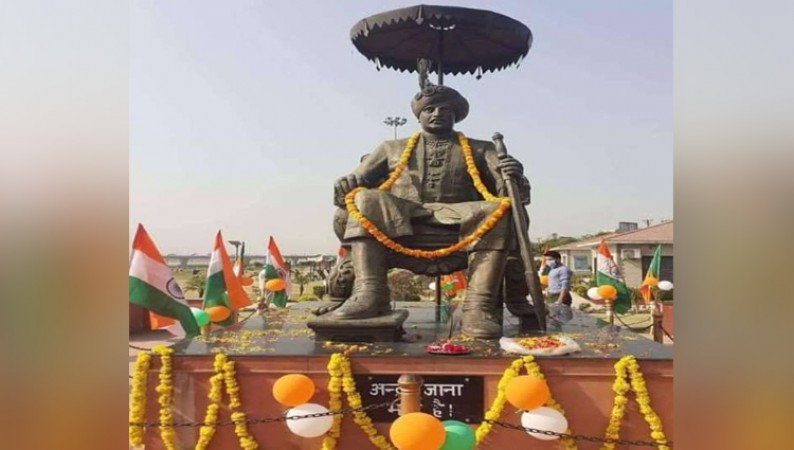
Accession Day 2023: Every year on the 26th of October, Jammu and Kashmir observes a significant occasion known as Accession Day. This date holds immense historical importance, marking the signing of the Instrument of Accession between Maharaja Hari Singh and Lord Mountbatten, under the purview of the India Independence Act of 1947. Accession Day is more than just a date on the calendar; it's a day to remember and honor the momentous events that helped shape the fate of this northern region of India.
Historical Background
The backdrop of Accession Day is intertwined with the larger canvas of India's struggle for independence from British colonial rule. The Indian Independence Act of 1947 served as a pivotal turning point in this journey. With Lord Louis Mountbatten serving as the last Viceroy of India, the Act mandated the partition of British India into two separate nations: India and Pakistan. This division, drawn along religious lines, was a momentous development in the history of the Indian subcontinent.
In the midst of this historical transformation, the princely states, which were not directly under British colonial rule, were given the choice to join either India or Pakistan or to maintain their independence. Among these princely states was Jammu and Kashmir, ruled by Maharaja Hari Singh.
The Complex Predicament of Jammu and Kashmir
Maharaja Hari Singh found himself in a complex and delicate situation. While he initially expressed a desire for Kashmir to remain an independent princely state, there were underlying challenges. The religious demographics of the region added a layer of complexity to his decision. Hari Singh was a Hindu ruler presiding over a predominantly Muslim population. This religious divide created political unrest and heightened tensions in the state, making the Maharaja's decision all the more critical.
In the wake of these challenges, Pakistan, newly formed and eager to incorporate all Muslim-majority areas within its borders, sent armed forces and tribal militias into the region. This intrusion, along with the heightened internal strife, forced Maharaja Hari Singh to seek assistance from the Indian government.
The Instrument of Accession
It was on this crucial day, the 26th of October 1947, that Maharaja Hari Singh signed the Instrument of Accession, an official legal document that paved the way for the princely state of Jammu and Kashmir to become an integral part of India. The signing of this instrument allowed India to send military support to repel the invaders and secure the region.
Accession Day, therefore, marks not only the formal integration of Jammu and Kashmir into India but also the beginning of a complex and long-standing dispute over the region between India and Pakistan. The issue remains a contentious matter in contemporary geopolitics, with both nations laying claim to the region.
Commemorating Accession Day
Accession Day is commemorated as a public holiday in Jammu and Kashmir, and the day holds a special place in the hearts of the people of the region. Various events, including parades, cultural programs, and flag-hoisting ceremonies, are organized to celebrate this historic occasion. Schools and government offices remain closed, allowing people to reflect on the historical significance of Accession Day and pay their respects to the sacrifices made during that era.
Accession Day in Jammu and Kashmir is a day that commemorates the signing of the Instrument of Accession, marking the integration of the princely state into the newly independent India. It serves as a reminder of the complex history and geopolitical challenges that have surrounded the region for decades. While the historical context has evolved over time, Accession Day remains a symbol of the region's unique place in India's history and the ongoing dialogue regarding its status.
See More Events: